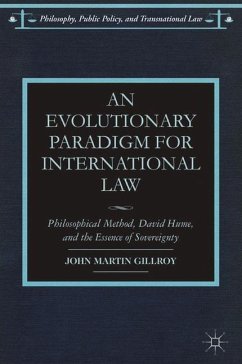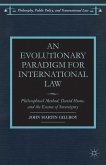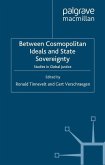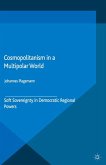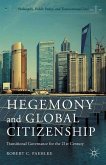"John Martin Gillroy is a pioneer in a new and important field in the study of international society and international law. He is undertaking a long overdue reconciling of general philosophy with thinking about the conceptual foundations of international politics and law and institutions. In An Evolutionary Paradigm for International Law he turns to David Hume, one of the great inspirational sources of modern philosophy, and develops an ingenious extension of Hume's ideas on the nature of law and society to help us to understand international phenomena in a new and creative way. A rapidly emerging international society is in urgent need of such ideas." Philip Allott, Professor Emeritus of International Public Law, Cambridge University, UK
"In An Evolutionary Paradigm for International Law, John Martin Gillroy draws on the philosophy of Hume to illuminate the substructure of international law and the essence of sovereignty. He reassesses basic assumptions about the state, the sources of international law and the structure of the international legal system and advances an evolutionary paradigm for international law, aiming to provide a fuller and more systematic explanation than traditional positivist models." James R. Crawford, Whewell Professor of International Law, University of Cambridge, UK
"In An Evolutionary Paradigm for International Law, John Martin Gillroy draws on the philosophy of Hume to illuminate the substructure of international law and the essence of sovereignty. He reassesses basic assumptions about the state, the sources of international law and the structure of the international legal system and advances an evolutionary paradigm for international law, aiming to provide a fuller and more systematic explanation than traditional positivist models." James R. Crawford, Whewell Professor of International Law, University of Cambridge, UK

